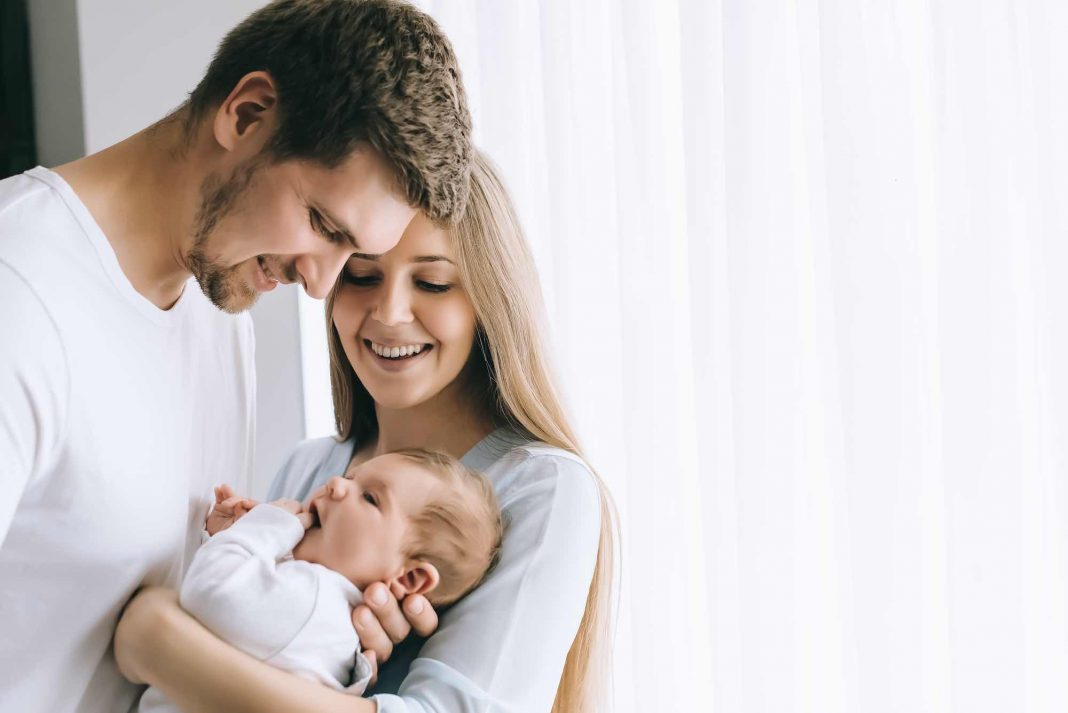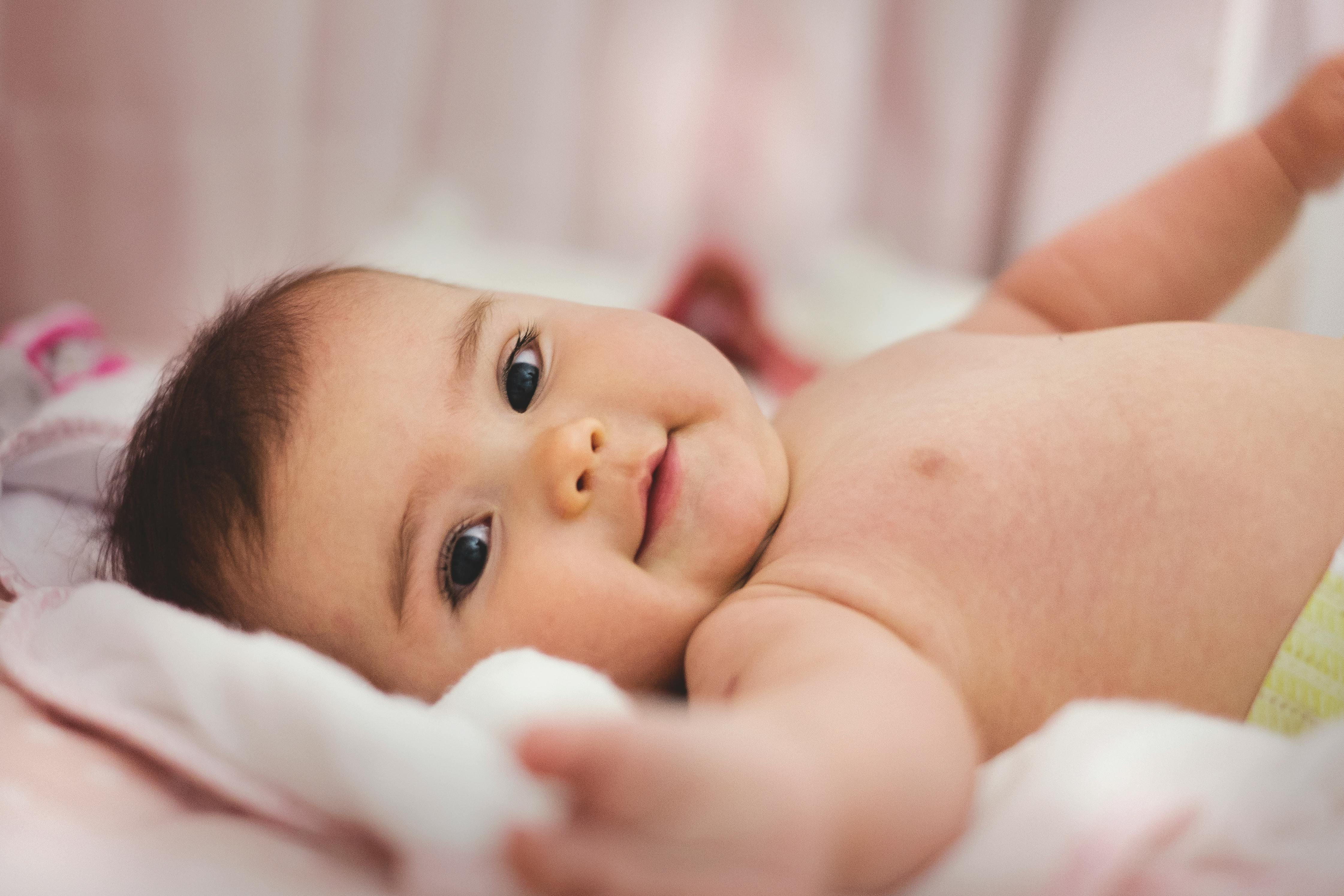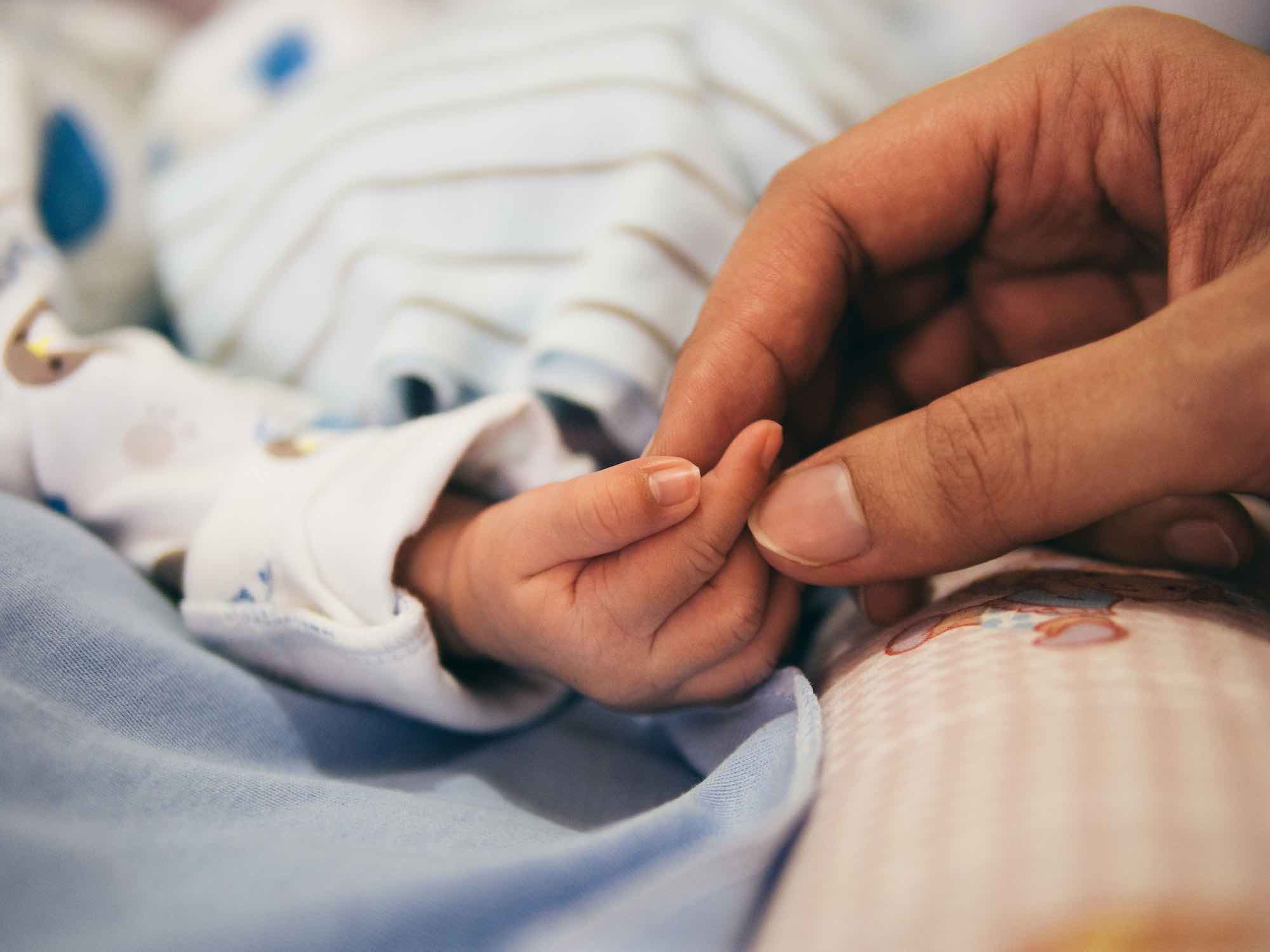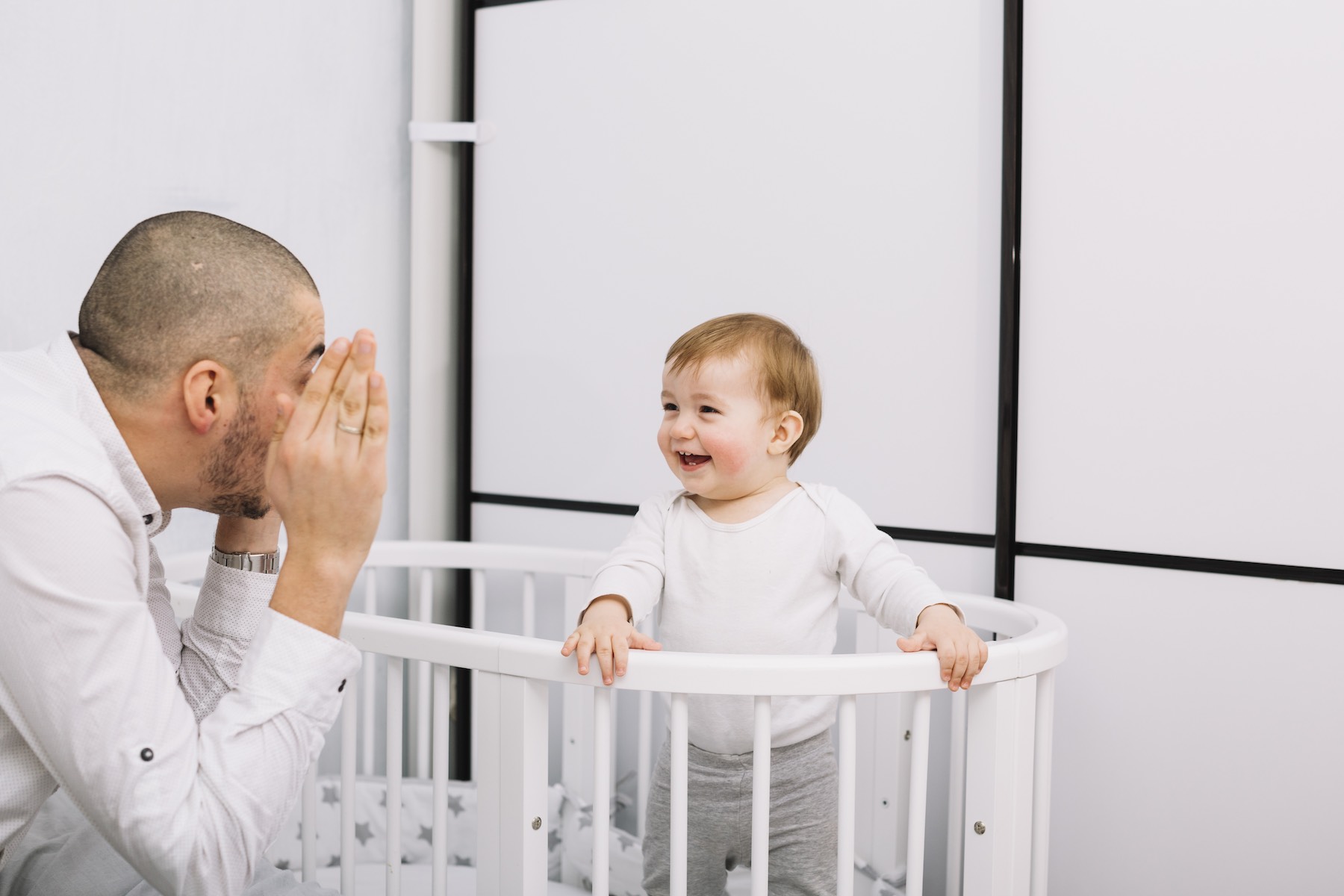Your wait is over, and you’ve brought your new sweet-smelling bundle of joy home; now what? New parenthood can be a bit hard. You might feel overwhelmed with all the crying, feeding, diapers, and sleepless nights. However, all the stress melts away when you look at your little one’s cute face.
Every parent looks forward to their child’s first smile, laugh, or step and remembers the exact day it happened. But numerous other milestones can indicate your baby’s development.
When To Be Concerned?
As a new parent, you are responsible for caring for and protecting your baby; this includes taking care of their health. So, learning about important milestones can help determine whether your baby is developing healthily. However, there is no need to make a doctor’s appointment if your baby does not reach a milestone at the exact time mentioned in this or any other guide. It is necessary to remember that each baby is unique; some may achieve their milestones sooner or later than others.
Although babies develop on their own time, extremely late development can be a sign of a birth injury. If you feel like there is a problem or your baby has missed a couple of their milestones, it is recommended to pay a visit to the doctor. If your child has sustained a birth injury, the doctor will give you a diagnosis and discuss the treatment options and the overall outlook.
A birth injury may sound like a parent’s worst nightmare. Although you cannot go back and rewind time, you can get help which can make all this easier. For instance, you can get help from an organization like childbirthinjuries.com that assist such parents in receiving justice. These organizations provide legal assistance, which can help you get financial assistance and other forms of help to cover the cost and other treatment requirements.
The First-Year Milestones
The first month
You may feel like a baby can’t do much in its first week. However, they can recognize your voice and know that they can rely on you. By week two, your baby’s vision will also improve. At this time, they can focus on things that are 8-14 inches away from them. This is about the distance between your and the baby’s eyes during feeding.
You might hear your baby’s first coos and aah’s by the end of the month. They may make this sound when they see a parent. You can replay these sounds back to them to aid their language development.
The second month
You can expect your baby to hit some pretty exciting milestones this month, like their first smile!
By week five, your baby’s little jerky movements will get smoother and more purposeful. So, remember to engage your baby in a light workout to help those little baby muscles get stronger. You can pull them slowly into a sitting position and have some tummy time too. In addition, their neck will also get stronger by the end of this month.
You can also expect to see your little one’s adorable gummy smile by the sixth week. You’ll see their eyes brighten and widen as they give you one of the cutest smiles ever. Your baby’s senses will also start to develop at this time. They will turn their head towards sounds and follow things with their eyes.
The third month
Congratulations! Your baby is no longer in the newborn phase. In this month, you can expect your baby to learn many new things. They will develop different cries for hunger, sleepiness, and more. Your baby can open and close their fist and try to grab things. They may also start playing with you.
The fourth month
By the fourth month, your baby will be ready to learn more about its surroundings and become more alert. They might even give you a chuckle here and there and copy facial expressions. By this time, your baby will be able to lift their head without support and push up on their elbows during tummy time. Your baby will also start to roll over. So, do not leave them at the edge of the bed!
The fifth month
Be ready to hear some more babbling and other adorable baby sounds. Your baby may laugh when they’re tickled, and you may also find them playing with themselves. They will entertain you and themselves too, by babbling and blowing raspberries. Your baby may also start to differentiate between colors as well.
The sixth month
The sixth month will include your baby rolling over and scooting over the floor. They will reach for their toys and put them in their mouth. Your baby will learn to pass toys from one hand to the other, sit without support, or use one hand as support. They will also start laughing and learn to understand simple words like “No.”
The seventh month
At seven months old, your baby will turn into a little scientist. They will become curious about their surroundings and try to learn more about them. You can expect your baby to drop things down, copy gestures, and understand different sounds at this stage. They will also be able to hold up their head easily and open their mouth when they see food coming.
The eighth month
At eight months, your baby will begin to crawl. But some babies may start crawling at nine months, so there is nothing to worry about. Your baby’s gross motor skills will also improve. They will learn to play with toys, make a certain toy repeat a sound, and so on. Your baby may also try to stand up with the help of furniture and like games such as peekaboo.
The ninth month
Your nine-month-old baby will now have a favorite toy and respond to their name as well. You may also start hearing the much-awaited words such as mama and dada. By now, your baby can sit up without support, use their fingers to point at things, or bring food towards them. Your baby will also learn object permanence which is an important milestone.
The tenth month
At this stage, some babies are crawling, some stand up with help, and some may take their first steps. And all of this is completely normal. Your baby will be able to develop a pincer grasp, allowing them to pick and eat little pieces of food due to better hand-eye coordination. However, your baby will also develop separation anxiety at this stage.
The eleventh month
Your eleven-month-old will start walking with or without help. They may also crawl up the stairs with supervision, so investing in a baby gate is best. In addition, they will engage in baby talk with different tones as of your baby is trying to give you a speech!
The twelfth month
Your adorable bundle of joy has now turned from an infant to a toddler. Your baby will be able to say mama and dada with purpose and learn little phrases such as “uh oh.” They will respond to “No,” shake their head no, and also learn to wave goodbye. Your baby will also learn to associate things with their purpose, like drinking from a cup.
Concluding Thoughts

Raising a child can be one of the hardest yet most wholesome experiences ever. You may get tired at times, but their adorable smile or a little giggle will make your day. As a parent, you may want to ensure that your child meets all developmental milestones. However, every child is different and unique. Some may start to crawl sooner, while others may take their time. So, you shouldn’t worry if your baby does not start doing something as soon as it hits a particular age mark. All will be well if everything goes smoothly and you take them to their regular doctor appointments.










